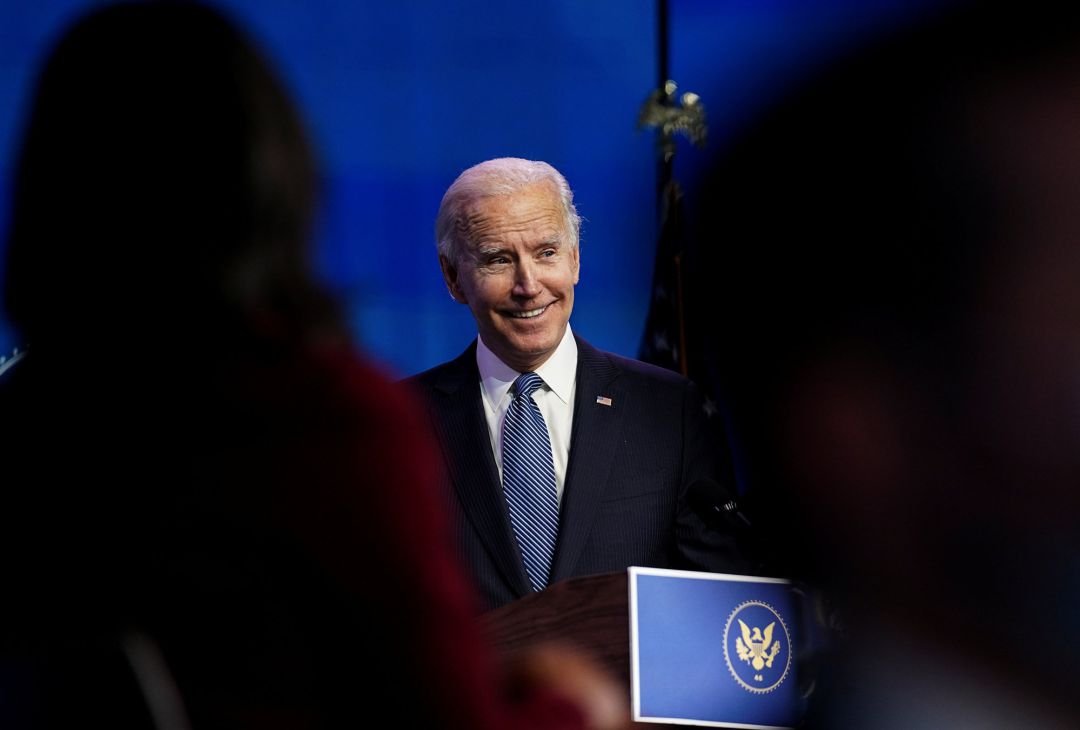The Trump administration has led the United States into breaking international law leaving the incoming Biden administration with a dilemma.
For background United Nations Security Council resolutions have the full force of international law and violating them is tantamount to breaking the law.
This is something that the Trump administration has done shamelessly, and it is now up to incoming President Joe Biden to return the United States to rules-based diplomacy.
One example is the future of the Western Sahara, where the Saharaoui Polisario Front is fighting for its independence on the basis of Security Council resolutions that call for a free referendum on independence to determine whether Morocco’s territorial claims over the region should prevail.
In December 2020, the Trump administration recognized Morocco’s sovereignty over the disputed region in return for Morocco’s normalization of relations with Israel. This contravenes relevant Security Council Resolutions and not only goes against international law but also may exacerbate violence in the region which, up to now has been contained by way of a renewable ceasefire and the presence of a UN peacekeeping force.
Morocco now has no reason to submit to the will of the Security Council since any subsequent action on the Council’s part would be subject to a U.S. veto unless the incoming Biden administration reverses the U.S. position proactively and once again ceases to recognize Moroccan sovereignty over the region.
Another issue that contravenes Security Council resolutions is the Trump administration’s recent Middle East peace plan, which recognizes Jerusalem as the capital of Israel and permits Israel to annex large parts of what should be the territories of an eventually independent Palestinian state as well as the Golan Heights taken from Syria in 1967.
Security Council resolution 242 called for the withdrawal of all Israeli forces from the territories occupied after the 1967 war. The resolution deals with five principles; withdrawal of Israeli forces, 'peace within secure and recognized boundaries', freedom of navigation, a just settlement of the refugee problem and security measures including demilitarized zones.
This has been the basis for all negotiations on the future of the Middle East since, and this abrogation of international law will come back to haunt the U.S.
The incoming Biden administration will have to decide whether U.S. foreign policy is going to be rules based or simply the transactional capricious wielding of power.
One could argue that the complexion of the Middle East has changed significantly since the 1967 Six Day War.
A number of attempts to arrive at a settlement on various occasions have been torpedoed by the Palestinians themselves. As well, the emergence of Iran as a major regional power has shifted the balance of power in the region to one where Arabs and Israeli’s share deep common concerns, and where the Arab states appear to be willing to sacrifice their Palestinian brethren to satisfy their own national security needs, not to mention the benefits of gaining access to Israeli technology, products, and markets.
A Middle East in which Arabs and Israelis cooperate against a common enemy is a strategic plus for U.S. interests, since containing Iran is a major plank of U.S. foreign policy.
With respect to Morocco, many in the U.S. would agree that access to the vast mineral wealth that Western Sahara enjoys would be commercially attractive to U.S. interests and that Moroccan sovereignty over the region would ensure the required stability to exploit this wealth.
Trump has left Biden with a number of major delicate legal challenges.
These two specific cases will determine whether the Biden administration will simply accept Trump’s faite accompli or whether it will return U.S. foreign policy to a sound legal basis respectful of a rules-based international regime.
Although this is not clearly not at the top of the agenda for the incoming administration, it remains a major challenge at a time when U.S. diplomacy is weak but international expectations are high.
Edición: Laura Espejo
Dos hombres más resultaron heridos
Miguel Améndola
Se destacaron en sesión logros como el crecimiento de pernoctas, cruceros e incremento de oferta hotelera
La Jornada Maya
Cecilia Patrón impulsa la rehabilitación de espacios públicos en colonias del sur y oriente para fortalecer la convivencia y calidad de vida
La Jornada Maya
Seguiremos siendo uno de los destinos predilectos para este sector, señala el secretario de Turismo estatal
Ana Ramírez
